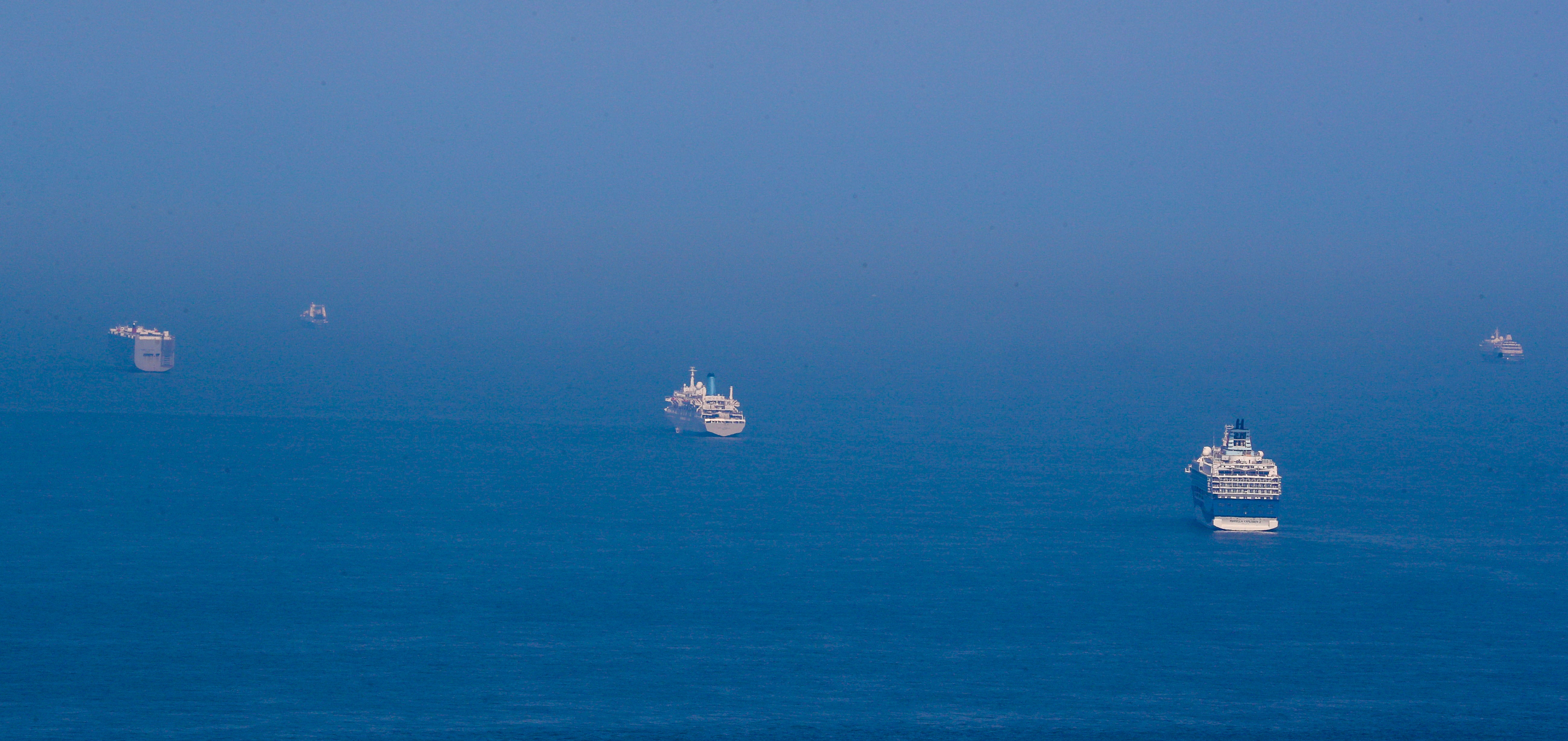Global carbon price for large ships backed by maritime industry group
Proposal is that all vessels trading globally above a certain size should pay a set amount per metric ton of carbon dioxide they emit.

Your support helps us to tell the story
From reproductive rights to climate change to Big Tech, The Independent is on the ground when the story is developing. Whether it's investigating the financials of Elon Musk's pro-Trump PAC or producing our latest documentary, 'The A Word', which shines a light on the American women fighting for reproductive rights, we know how important it is to parse out the facts from the messaging.
At such a critical moment in US history, we need reporters on the ground. Your donation allows us to keep sending journalists to speak to both sides of the story.
The Independent is trusted by Americans across the entire political spectrum. And unlike many other quality news outlets, we choose not to lock Americans out of our reporting and analysis with paywalls. We believe quality journalism should be available to everyone, paid for by those who can afford it.
Your support makes all the difference.A major maritime industry association has backed plans for a global surcharge on carbon emissions from shipping to help fund the sector’s shift toward climate-friendly fuels.
The International Chamber of Shipping said it would propose to the United Nations that all vessels trading globally above a certain size should pay a set amount per metric ton of carbon dioxide they emit.
The group, representing commercial shipowners and operators covering over 80% of the world merchant fleet, didn’t specify what carbon price it would support.
The shipping industry is estimated to account for nearly 3% of the greenhouse gas emissions that are driving global warming and projected to rise significantly in the coming decades.
The Marshall Islands and the Solomon Islands two nations with large shipping fleets that are severely threatened by climate change, have already proposed a carbon levy starting at $100 per ton.
Environmental campaigners welcomed the ICS submission to the International Maritime Organisation but cautioned that the extent of its ambition remains unclear.
“We will know they are serious about real progress when they embrace a level of ambition consistent with what climate vulnerable island nations have already proposed,” said Aoife O’Leary, director of global transportation at the Environmental Defence Fund.
The ICS said it opposed piecemeal regional measures, such as those proposed by the European Union and called for the money generated from the levy to go into a climate fund that would subsidize clean alternatives such as hydrogen until they come competitive with conventional fuels.